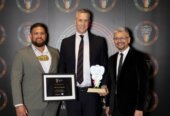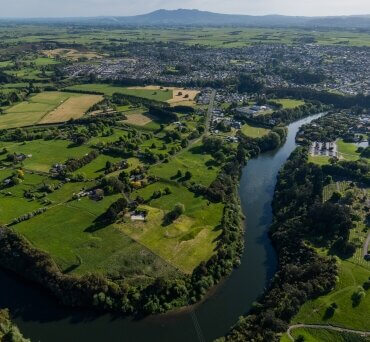
Waikato River.
Waikato Regional Council chair Pamela Storey said, in a social media post today, some of what’s being said by council candidates about Plan Change 1 was simply incorrect.
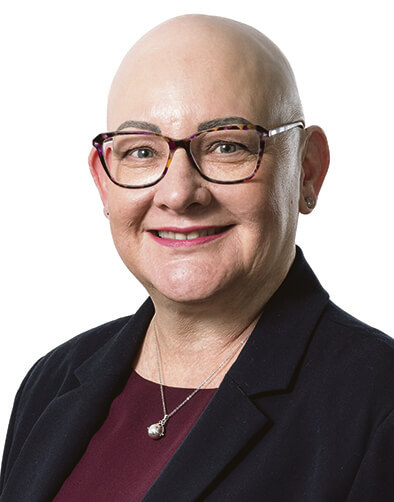
Pamela Storey
“One thing is clear: PC1 is before the court so no elected member or executive of Waikato Regional Council has the ability to influence the process.
“No councillor, including the Chair, nor executive of WRC, nor candidates that say they’ll stop it if elected, can stop it. Only the Government can halt proceedings at this point through legislative change. And, despite what some might be saying, the recent legislation, which aimed to halt council planning processes, does not apply to PC1.
“As a dairy farmer in the PC1 area, I understand the frustration of this drawn out process and the angst of the unknown. But I’m committed to making sure that landowners and farmers hear honest information about where we are at in the process, and will continue to enable WRC to work closely with our dedicated farmers and food producers as we navigate the next steps, on behalf of our industries, our communities, our region and our environment.”
25 September 8am
Farmers could halt the implementation of a Waikato Regional Council water quality plan change by voting in the “right people”, Waipā-King Country candidate Garry Reymer says.
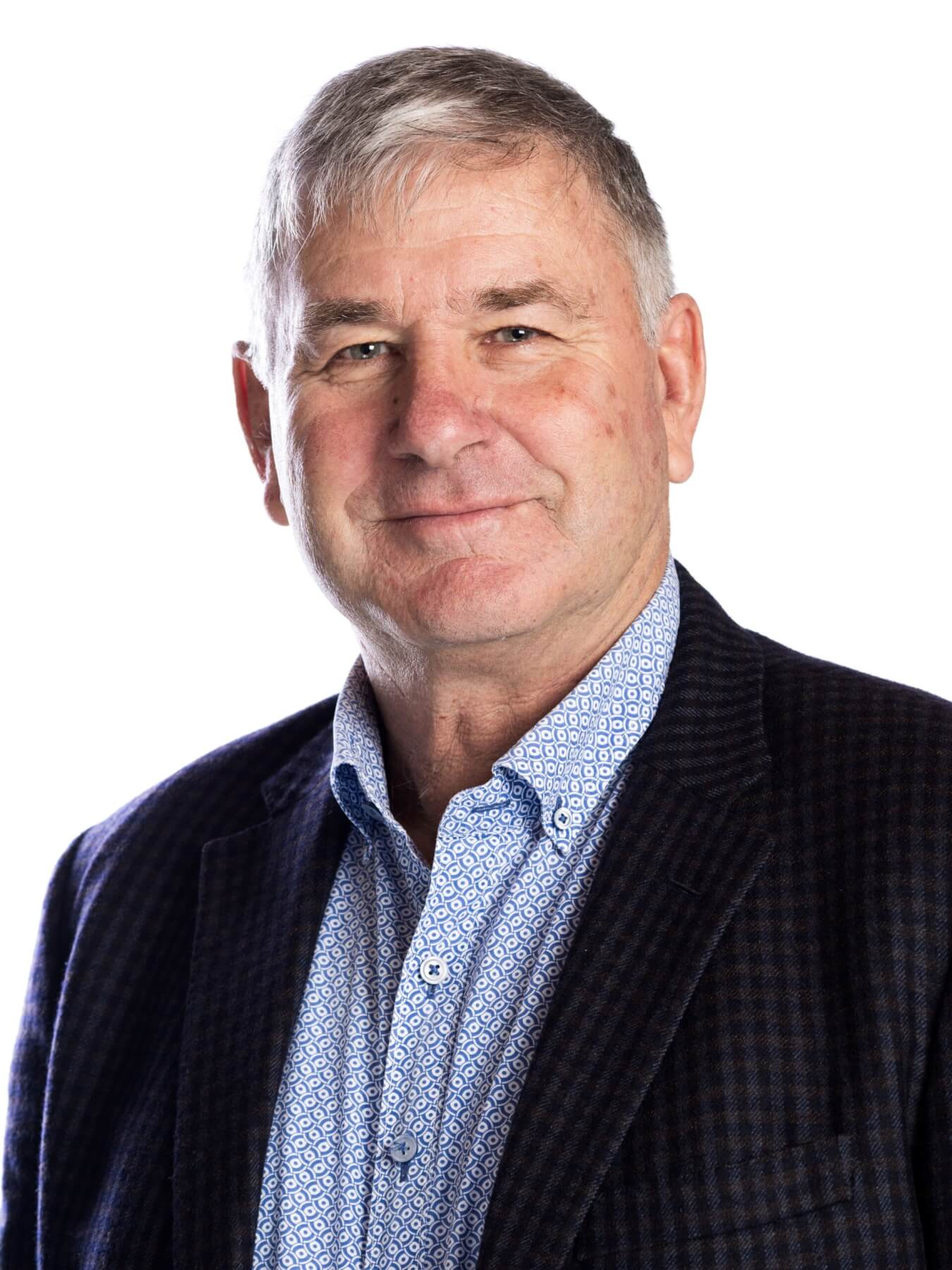
Garry Reymer – 2025
The Environment Court is yet to rule on Plan Change One which proposes a wide-sweeping set of rules for agricultural land use to improve freshwater quality in the Waikato and Waipā river catchments.
“Plan change one is not a given,” Reymer said at Thursday’s Federated Farmers candidate meeting in Te Awamutu.
“There is a chance to stop it, with the right people around the regional council. Farming should not be a consented process, it should be a permitted activity, and we need to make sure it stays that way.
“The government has also asked that regional councils park any further work until the new Resource Management Act comes out. We shouldn’t be progressing it before that time.
“Regional council needs to become the educator and not the policeman. If they can start getting alongside farmers and say this is how you do things, and this is how you do it better, rather than just walking in there and slapping you with a fine, you would get far better progress.”
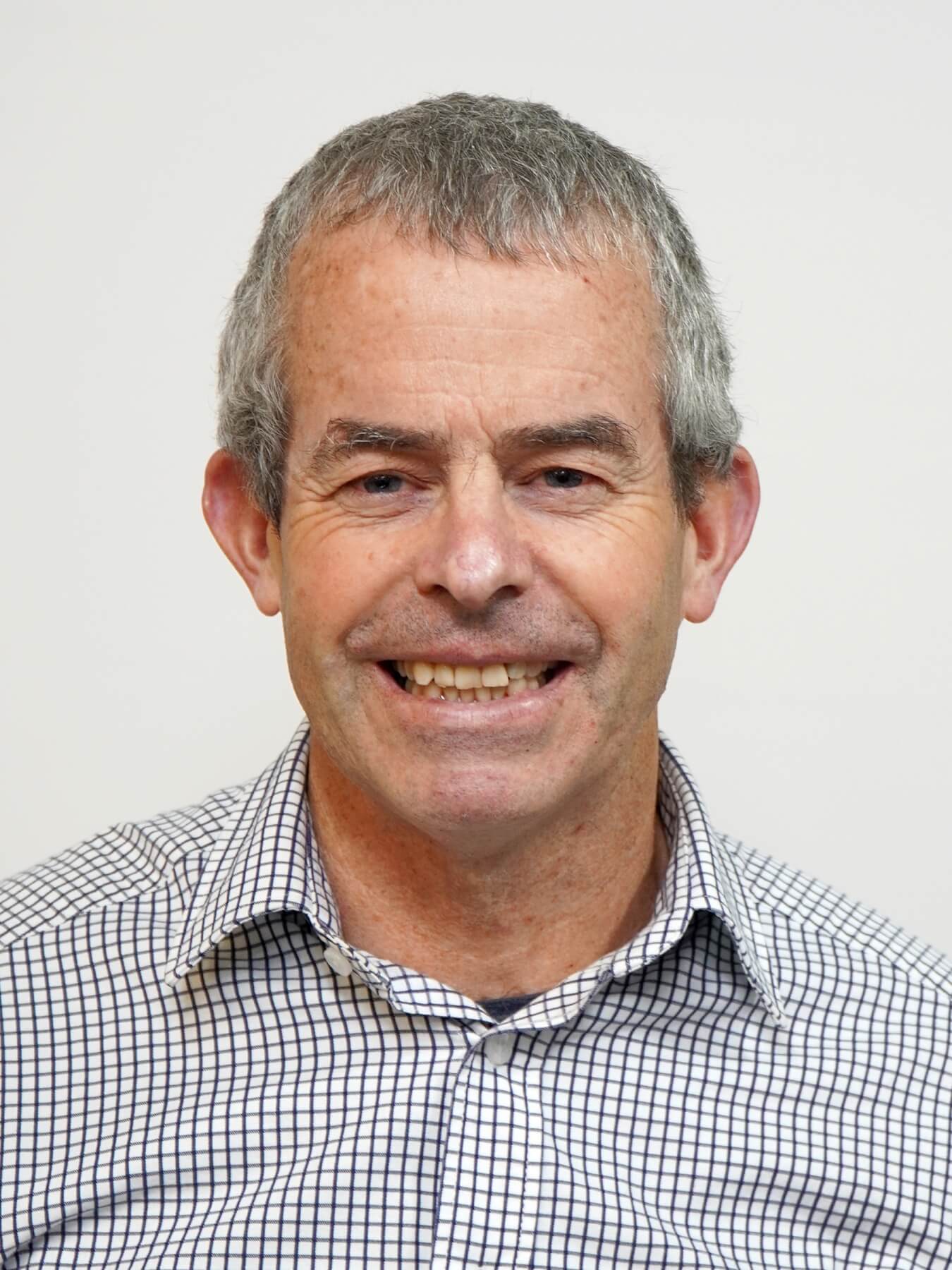
Stuart Kneebone – 2025
Stu Kneebone, one of the two sitting councillors, said arguments to make farming a controlled activity over the last few months had received council push back.
“The government made a legislation change because we simply don’t have the resources to make all farming activities a controlled activity in the next couple of years,” he said.
“One of the things that came out of this was if you planted tree, we’d all be fine,” Stolwyk said.
“It raised major red flags about what could actually occur. A strong economy and a healthy environment aren’t mutually exclusive. We have to achieve both. Our rural communities cannot suffer. We have to find our way through it.”
Kneebone and Reymer talked about the main water quality issue or contaminants in the area.
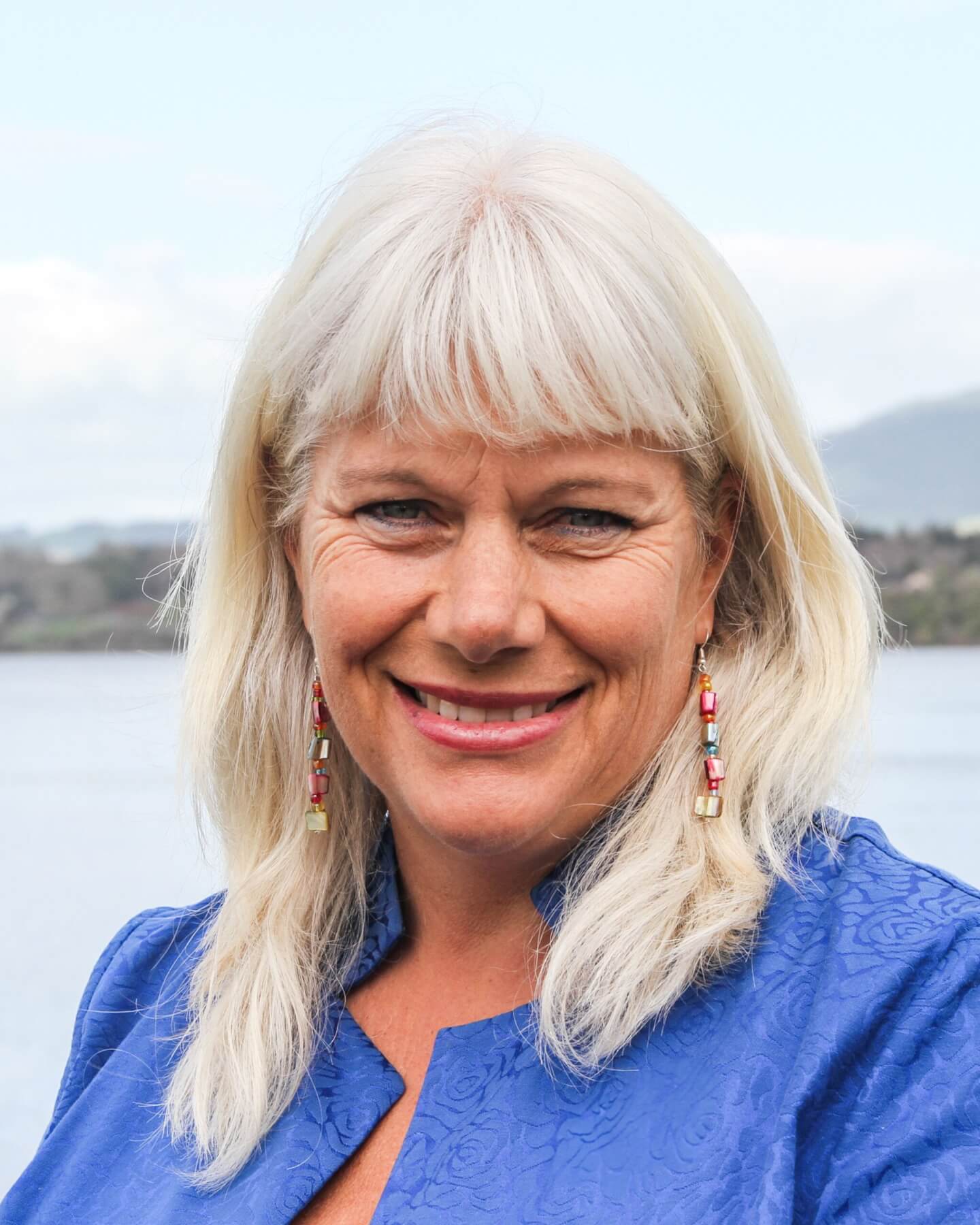
Liz Stolwyk – 2025
“The one that has been mostly unregulated has been agricultural discharges,” Kneebone said.
“The challenge is trying to manage allocating the rights to discharge contaminants in an equitable way, and that’s been the guts of the issues we’re dealing with Plan Change One.
“It’s not easy but we have to acknowledge that there’s a whole bunch of other industries that discharge that have been on numerical limits for 10 or 20 plus years and the agricultural sector hasn’t, and we have somehow got to address that.”
Reymer responded: “Boy, I don’t agree with what I’ve just heard”.
“I don’t think agricultural discharges are the biggest thing. When you look at farmers and what we have done around riparian, planting and setting aside land I think our water quality has improved immensely and continues to do so.
“The biggest challenge to our water quality are probably things like koi carp, who do massive damage, birdlife unabated onto our lakes and ponds. If you look at Maungatautari, our inland island, the e-coli coming out of there, and it’s increasing as birdlife is improving there. Some of the standards and requirements around water quality are absolute BS.”
Stolwyk was on the same page as Reymer, citing water quality issues at Lake Te Koo Utu, Lake Ngā Roto and Lake Parangi and golden clam invasion at Lake Karāpiro.
“It’s a whole heap of things, it’s not one thing, there needs to be a multi prong approach because it’s going to take a really long time for any improvements to happen,” she said.”
“The load to come is horrendous. We have got 50 years of load to come through nitrogen, and other contaminants that have been occurring over a long period.”
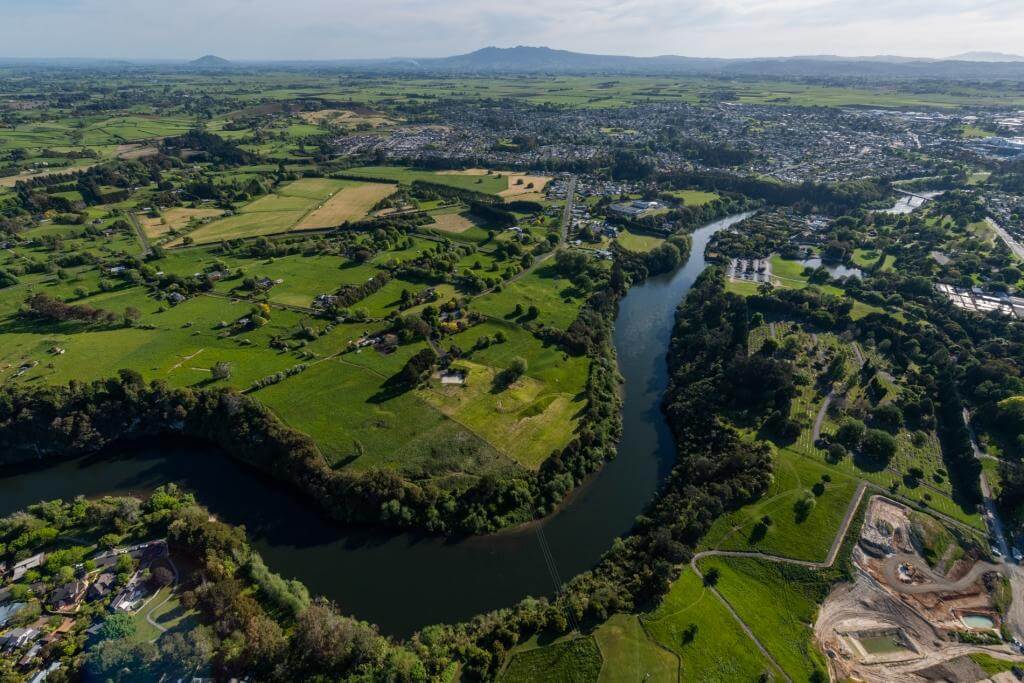
Waikato River







